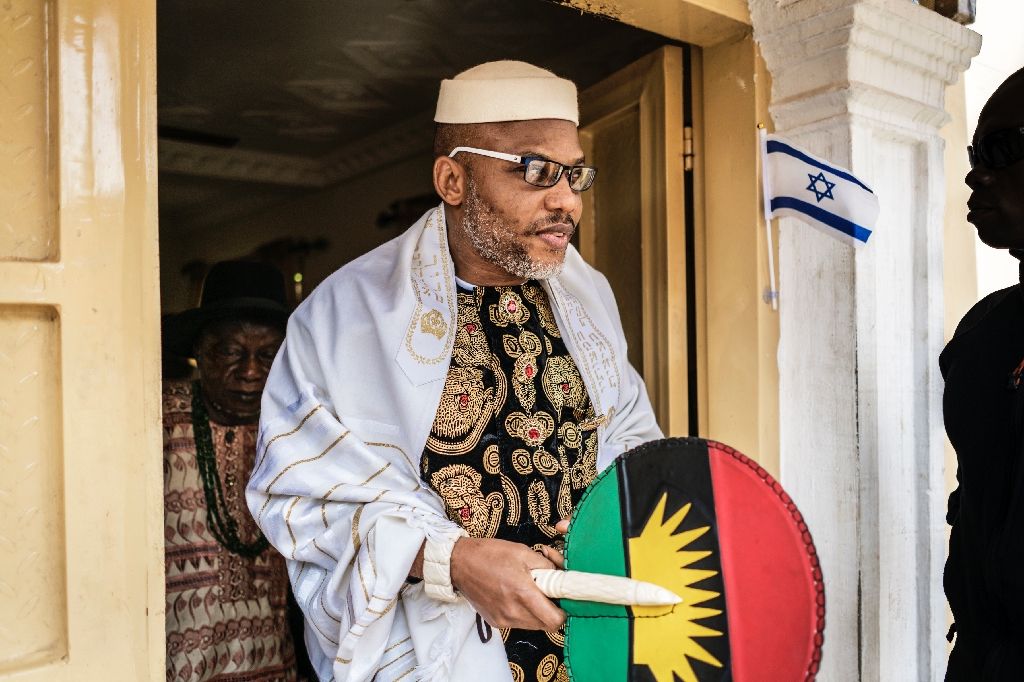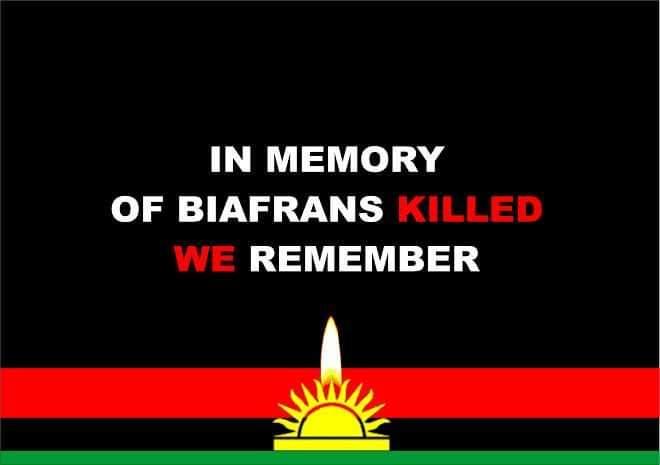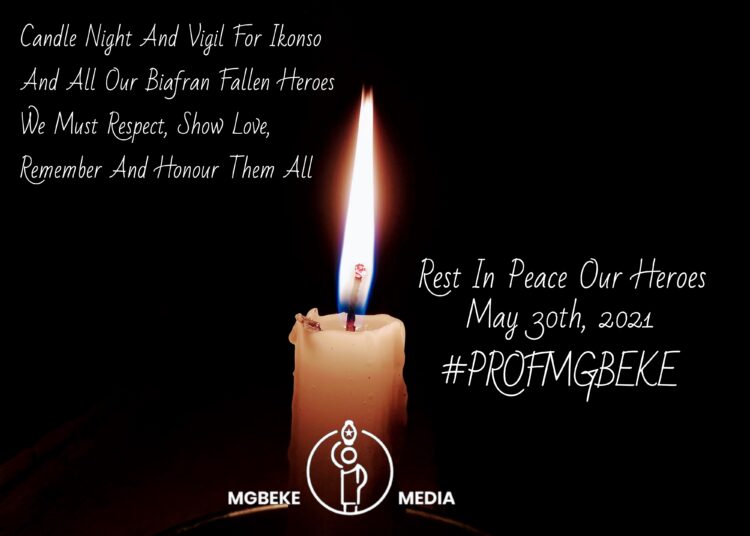The Nigerian troops moved from home to home looting everything of value, killing the men and raping the women and girls especially those who offered the slightest resistance. My forefathers were predominantly farmers, and they watched with hollow and grief-filled hearts after being beaten to stupor as their yam barns and livestock were emptied into the soldiers’ trucks.

Onwosi was among the greatest of the farmers. That year he was said to have recorded the highest produce in our village. The heaps of his tubers of yam were taller than the fence of his large barn built with fronds of raffia and ogirishi. Onwoshi’s heart had exploded as he watched the soldiers empty the barn onto the trucks. He started sobbing. His wives made to cover his mouth but he couldn’t stop. The soldiers flogged and marched him to the earth. Writhing on the ground in pain, Onwoshi made a mistake that cost his life. He had held onto the boot of one of the soldiers, either consciously or not, nobody knew. They bound Onwoshi’s hands and legs and tied a heavy log to his waist, and threw him into the Ebonyi river. Onwoshi drowned and his body was never found. Later in the night, one of the soldiers returned and raped his youngest wife and broke her right arm in the process.

The story of the Biafran genocide would never be completely told because as the Nigerian troops moved into the various parts of the region down to the villages, they committed war crimes as varied as the marks on their individual faces. People only tell of the horrors within their dwelling. This was one of the stories my own father told me.
May the souls of Biafrans lost in the war rest in peace, amen.
We remember. Biafra Day.
#PROFMGBEKE




